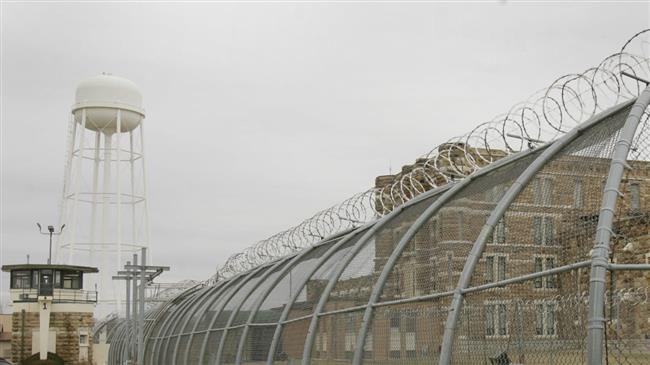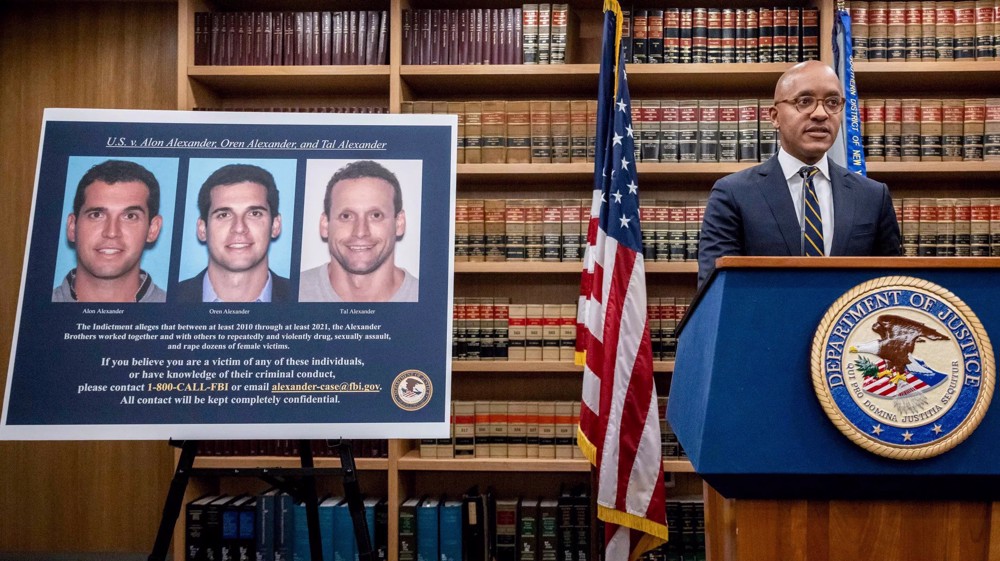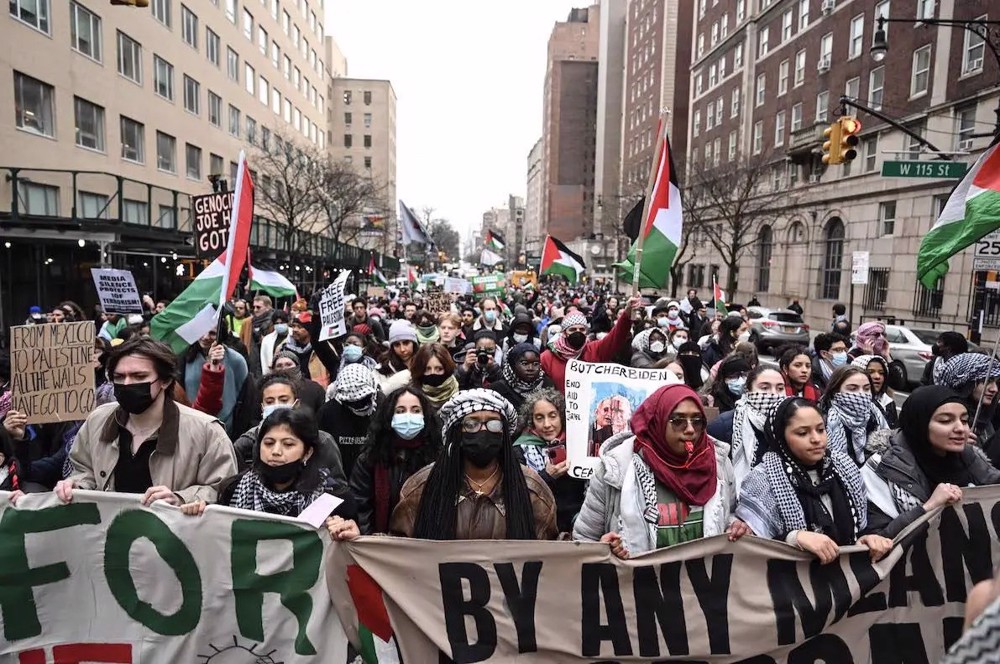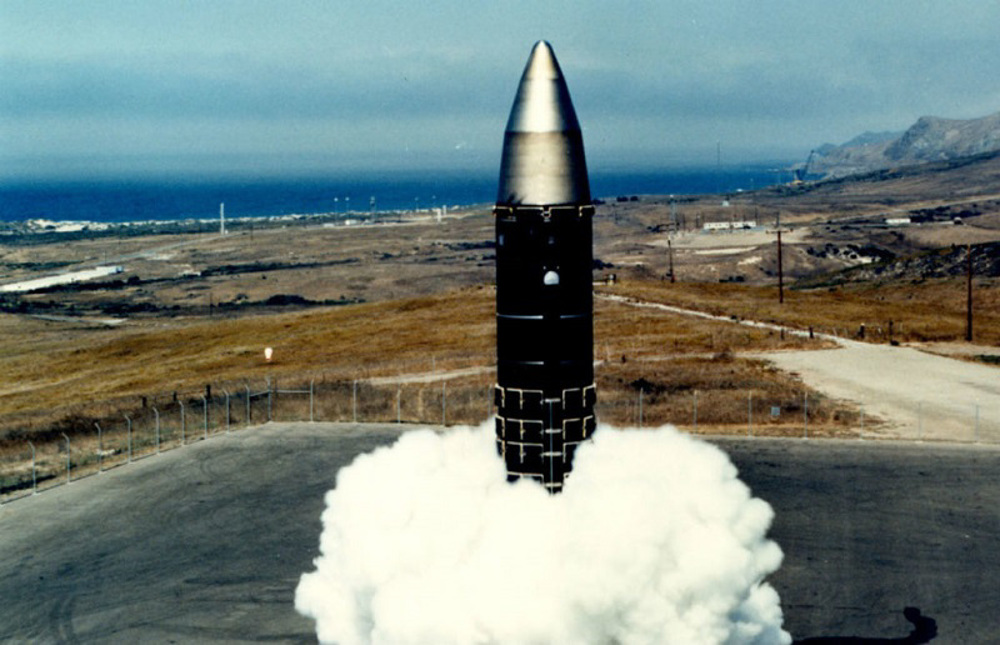US prison clamps down on rioting inmates demanding protection from coronavirus
US prison officials have thwarted a prison riot triggered by a growing fear among inmates over the spreading of the deadly novel coronavirus.
The coronavirus, which causes the respiratory disease COVID-19, has spread through the US’s overcrowded system with federal, state and local facilities housing 2.2 million people, killing a number of inmates.
The uprising which began on Thursday afternoon in a medium-security cell housed by dozens of inmates at the Lansing correctional facility in Kansas.
The inmates, who ransacked prison offices and broke windows while starting small fires across the prison for several hours, were forced back in their cells on Friday and the riot was subdued.
The incident was the latest example of unrest among prisoners, who are fearful of the spread of the deadly novel coronavirus known by many as the new death penalty, in US prison facilities.
The Lansing corrections department had recently reported more than a dozen staff and 12 inmates testing positive for COVID-19.
The Kansas uprising comes as inmates nationwide protest against responses to coronavirus outbreaks at several prison facilities where both inmates and staff have tested positive for coronavirus.
Most inmates are kept in overcrowded facilities where they have to purchase their own basic sanitation supplies and lack proper protective equipment like masks.
Activists and proponents of prisoners' rights have called for increased efforts to protect inmate populations, including boosting sanitation and providing proper protective gear for prisoners and staff.
Many have also called for an increase in early release of non-violent offenders and those who are still awaiting trial.
“The entire situation is a ticking time bomb,” writer Kim Kelly warned in an op-ed for the Appeal. “The only sane way to halt the virus’s death march and protect the vulnerable is to release as many people as possible.”
Human rights groups including the American Civil Liberties Union have urged US prison authorities to release nonviolent prisoners during the pandemic to mitigate the spread of the virus, but most of the US states have refused to do so.
However, in some states prosecutors, defense attorneys, and judges were reviewing cases to separate inmates who were not deemed public risks, were nearing the end of their sentences, and were suffering from underlying medical conditions that place them at higher risk of dying from COVID-19.
According to prison health experts, most inmates don’t have the ability to socially distance or easy access to hand-washing and other sanitary measures known to slow the spread of the virus.
In the meantime, many inmates remain locked up in high risk sanitary conditions in US prison facilities, viewing the coronavirus as their new death penalty.
VIDEO | Australians rally for Gaza ahead of Christmas festivities
VIDEO | Attacks on Sana'a
Iran reports further drop in annual inflation rate in December
Israel indicts two settlers over suspected spying for Hezbollah
Iran: US airstrikes on Yemen war crimes, violation of international law
Yemeni armed forces down F-18 fighter jet, repel US-UK attack: Spokesman
Iran warns against US-Israeli plot to weaken Muslims, dominate region
VIDEO | Public uproar in US against Israeli regime











 This makes it easy to access the Press TV website
This makes it easy to access the Press TV website